Binge Eating Disorder Q&A
Binge eating disorder is a common eating disorder that I struggled with for many years. I have received many questions regarding my journey with binge eating disorder and want to share them with you all in case anyone else is struggling.
What is binge eating disorder?
Binge eating disorder (BED) is an eating disorder where a person consumes a very large quantity of food. The person usually feels out of control during this time. The duration of the binge is short – just a few minutes. Once the person stops binging and realizes what happened, they feel worse. They typically then start feeling really guilty, sad, and/or depressed about their actions, and possibly binge all over again. It’s a vicious cycle.
How do you differentiate BED from other eating disorders?
When I hear people talking about eating disorders or am reading about them, a majority of the time it’s about bulimia or anorexia – both very severe disorders that a person should address if they have them, but I felt like light was never shed on BED. I’m not sure if it’s because it’s not as common as bulimia or anorexia, or if people are too scared or embarrassed to admit they struggle with BED. Like, who wants to admit they buy a ton of food, hide it, and shovel it all down in private when they are stressed, angry, sad, tired, etc, and then feel even worse and binge all over again? Probably not many people. It’s a vicious cycle. You feel bad about this extremely unhealthy disorder or how you can’t control yourself, then engorge yourself with food, and then you feel even worse. So what do you do? Binge again. It goes around and around, and then I would be even more upset then I was before I ate anything.
How often did you binge?
I binged multiple times a week. Sometimes multiple times a day. Just depends on how I was feeling. If I binged pretty early on in the day, the chances of me binging later on in the day were higher because I felt like, “Well, I already ate all this junk this morning and I feel really sad about it, so I might as well have more. What’s the point?”. I did not have control over myself and whenever I was in a binge it felt like an out-of-body experience.
Did you try and use exercise to combat the excessive food intake?
I never used exercise to combat the excessive food intake.
Did running help your mental health with BED or at first did you run to “erase” what you ate?
I have never gone for a run with the intention of burning off more calories than I ate. Running has always been an outlet for me mentally, and helped me a lot with BED. When I felt stress, anger, fatigue, etc, I would typically eat an absurd amount of food to try and make those feelings go away. Of course, that never worked. But running did. Running is a way for me to gather my thoughts and feelings, and move through them in a reasonable manner. Of course, if I’m stressed about something, typically I need to take action regarding the stressor in order for the stress to be completely relieved, but running is always a good first step for me. It helps me think logically. If I have a big decision to make, I usually sleep on it and also think through it on a run. I feel I can think more clearly after I run – even walk. Running will always help my mental health.
When did you realize BED was a problem and not just indulging and enjoying food?
When I realized I was keeping it a secret and I couldn’t control myself. Buying food and hiding it. Eating an extreme amount of food in private and hiding the evidence. Having no control over myself even though I knew food wasn’t going to solve my problems. Eating A LOT when I wasn’t feeling hunger but feeling stress, fatigue, sadness, and then feeling even worse and worthless after I was done… When I felt like I was “sneaking around”…that’s when I knew something bigger was going on.
When did you realize you were binge eating and how did you get control of it?
The time between me realizing that I had a problem and taking action to control it was enormous. Years and years and years. I do not recommend that. I hid it for a very long time because I thought I could get it under control myself and because I was scared to admit I had a problem. I felt silly for thinking I should admit that I binge food when I’m sad, which ultimately made me sadder. It felt embarrassing.
When did you know it was time to get professional help?
When I knew I wasn’t going to solve this on my own. I tried for years and years to just stop binging. Cut out certain foods completely. Tell myself I could never eat x or y, or only have sweets on Fridays. It hit me one day that this could be a really serious problem (re: eating disorder), so I did some research and when I read about BED, I felt like I was reading about myself. Everything it said described my actions perfectly. I knew that people with other eating disorders like bulimia and anorexia receive professional help and thought that mine was no different. I couldn’t stop myself on my own and knew I had to work with someone to help me get healthy.
What was the most important step that helped free you?
Admitting that I had a problem. It was very hard to do. I first told my husband. Then, I called my mom. I told my running coach. I basically explained what was going on and that I had a serious problem. I laid it all out there. The good, bad, and really, really ugly.
Did you receive therapy through it? What caused your disorder?
Yes. My running coach put me in touch with a registered dietician who I worked with and I also found myself a therapist. Both significantly helped me with my recovery, though I stopped seeing my therapist after 6 months. Even though I felt like it helped, I didn’t feel my therapist was the right match for me.
What are some steps that helped you be successful in starting/continuing your recovery?
- Telling the people closest to me that I had a problem
- Following through by connecting with professionals when given their contact info
- Being honest with those professionals and myself
- Making plans for going forward when I felt like I was going to binge
- Working hard to put those plans into action
- Praising myself and improved habits with things other than food
- Being patient and forgiving myself when I binged
- Not giving up. Just knowing that next time, the strategies I have to deal with these feelings will help me feel better. Food won’t.
Any tools or tips when the urge to binge eat strikes? I feel like no logic can stop it.
It’s REALLY hard to stop the urge to binge if you don’t have a game plan. From my experience, logical thinking didn’t work. I knew 5 bowls of cereal wouldn’t relieve my stress or solve my problems, but that didn’t stop me. You don’t think clearly in that moment of time. Things I do when I feel like binging are:
- Say aloud to myself, “I’m not hungry, I am feeling ______ (sad, stressed, etc). I don’t need food right now because that will not help” and walking out of the kitchen.
- Write down and acknowledge what I’m feeling – am I stressed about something? Upset? Is there something I can do to take action so I can feel better?
- Tell someone! If Kyle is around, I tell him what I’m feeling and how I’m working through those feelings and not relying on food. It sounds so basic – and it is – but just saying those things out loud are powerful and having someone to listen. Tell a trustworthy friend or family member who you can rely on. Tell them in person, call them, text them. They can help you talk things through. For me, the urge usually goes away in a few minutes.
- Get outside – run, walk, sit in the sun.
- Take deep breaths
- Do something around the house or an errand. Distracting my mind helps and getting something done usually makes me feel better and more in control of myself and actions.
How long did you have to build healthy habits before binge-eating wasn’t the auto-pilot?
I don’t remember exactly the amount of time, but it was a while. There was a lot of “unraveling” to do. I was so used to turning to food when I was frustrated, sad, etc that it took time to build new healthy habits. Being open and honest with people I was working with helped. And sometimes I binged even after building healthy habits. Recovery isn’t perfect or linear. It’s messy and hard.
How did you conquer it?
With a lot of hard work, time, tears, honesty, anger, patience, practice, and self-acceptance.
Do you have tips to break the cycle?
Dealing with BED and recovering is a lot more than just “tips and tricks”, and BED is a lot more than bad eating habits. They’re completely different. For a few years, I had great eating habits while still suffering from BED. You can do both although it’s not healthy of course. I’d meal prep, pack myself healthy meals and snacks for work, eat a lot of whole foods, but when I’d binge it was a free for all for 10-15 minutes. That’s all it took. BED is very mental. You have certain feelings that push you into a binge, and afterwards, you feel so awful, sometimes depressed, at how you feel not only mentally and emotionally, but also physically because your stomach is in so much pain, that you feel worthless and so down on yourself. The process repeats. You feel worse so you binge again. It’s a cycle.
After recovery was it hard determining if you were hungry vs needing to binge?
Not really. If I’m hungry, it’s because my stomach is telling me or I need to eat because I just had a workout or am about to do one. Feeling the urge to eat when you’re about to binge is very different. Usually, I’m not hungry but I feel something taking over my mind. It’s like I’m in a trance and am on auto-pilot. I have zero control on what or how much I’m eating. Every time I binged felt like an out-of-body experience. Something would take over, I’d binge like crazy for 10-15 minutes, and then I’d snap back into reality and see and feel the damage I had just done. Then, I’d feel worse than I when I started binging.
Did your registered dietician say or do anything that helped you in your recovery?
She taught me how much I needed to fuel my body as a person and as a runner. Seeing things laid out helped me and learning that I do need all kinds of food – fats, protein, and carbs – to be my healthiest and strongest self.
I am an open book about BED. If you have any other questions or need someone to talk to, please feel free to reach out. I’m here to listen and help you. I hope you found this helpful if you feel you may also be suffering with BED.
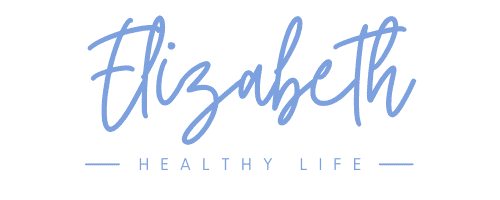
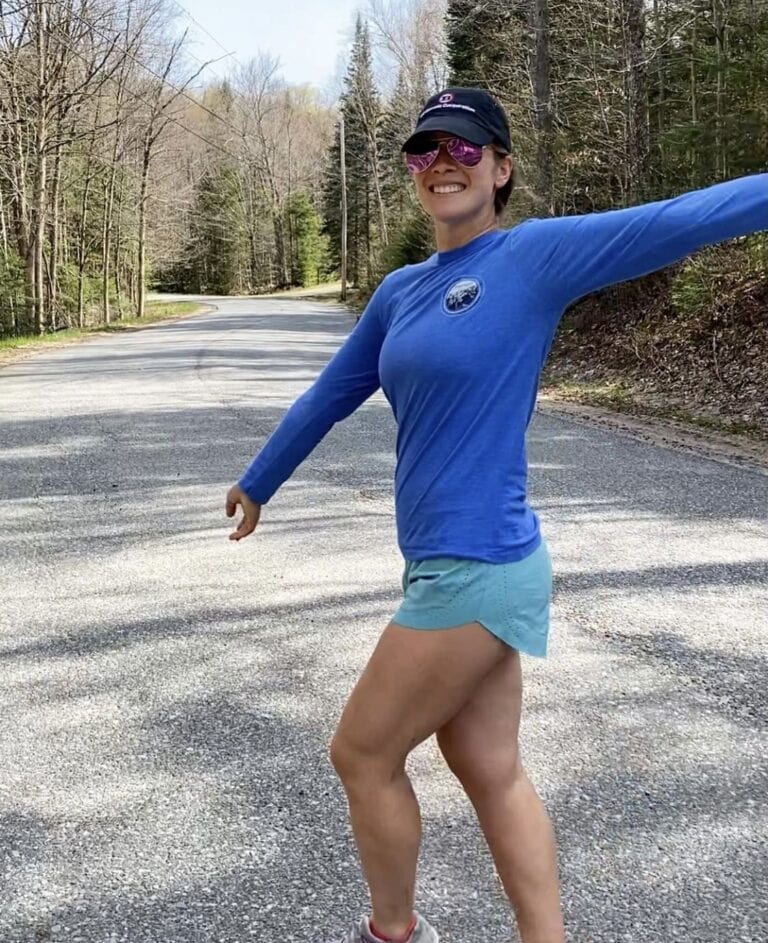
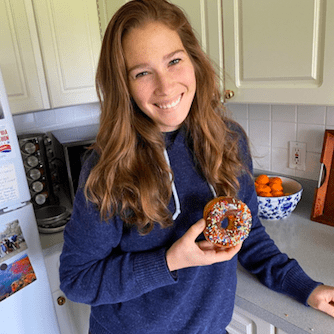
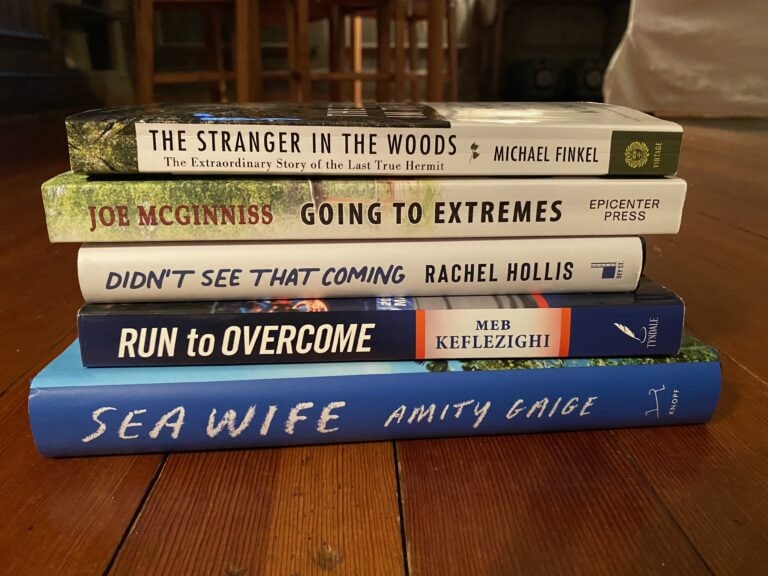
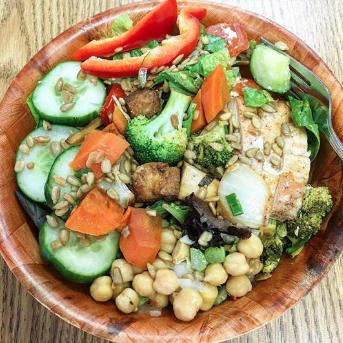
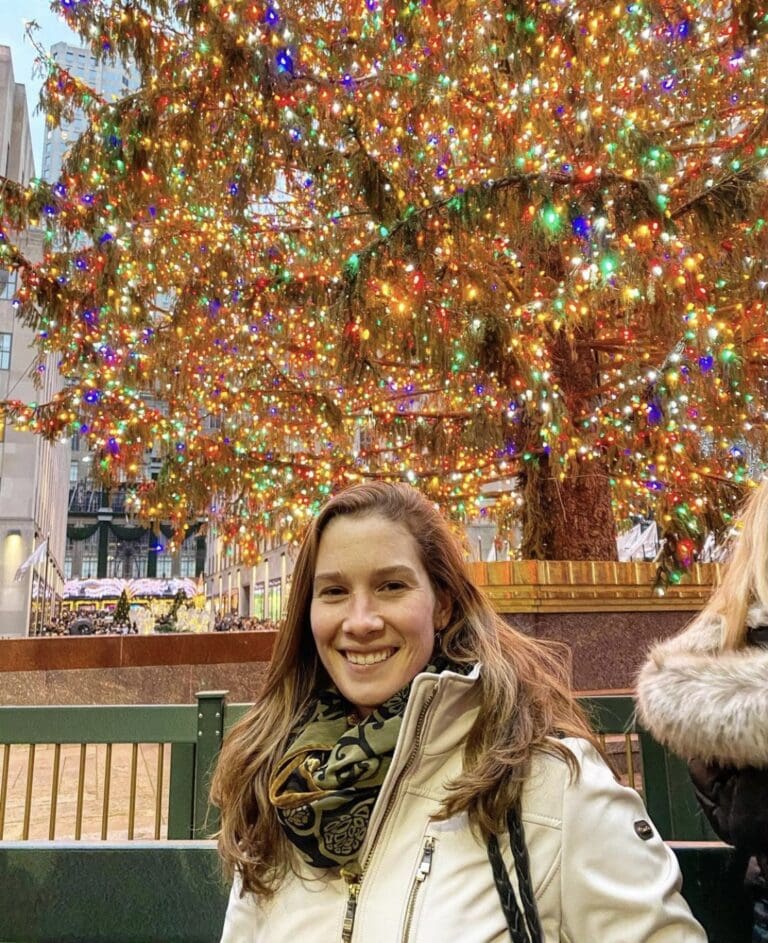
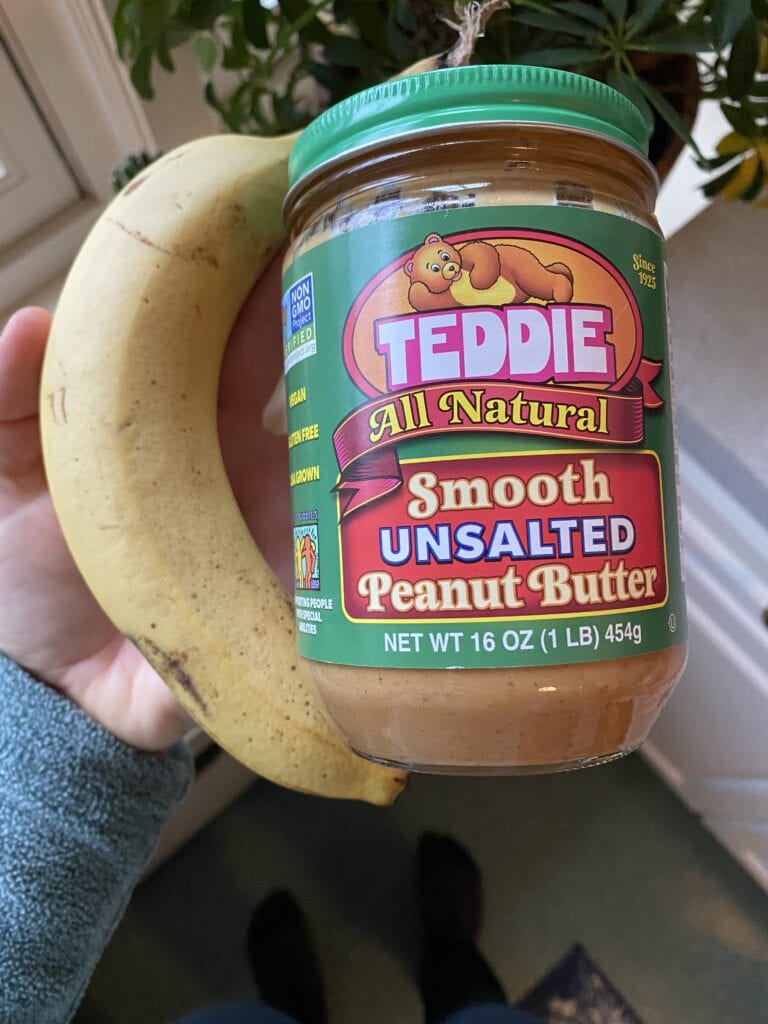
This question and answer section is very good. You have presented it to us in a very correct way.
Thank you!!